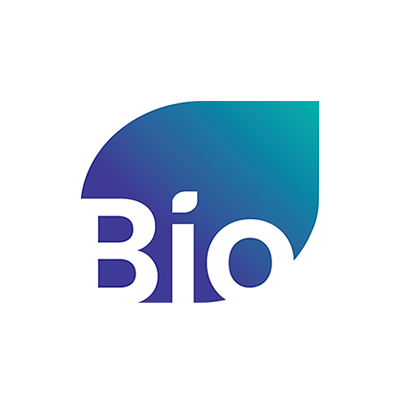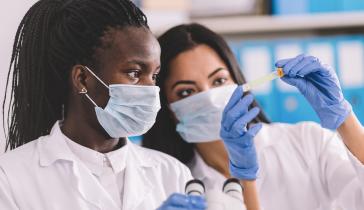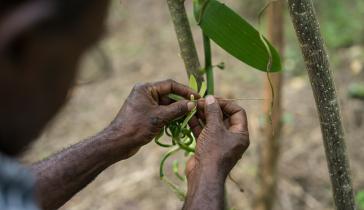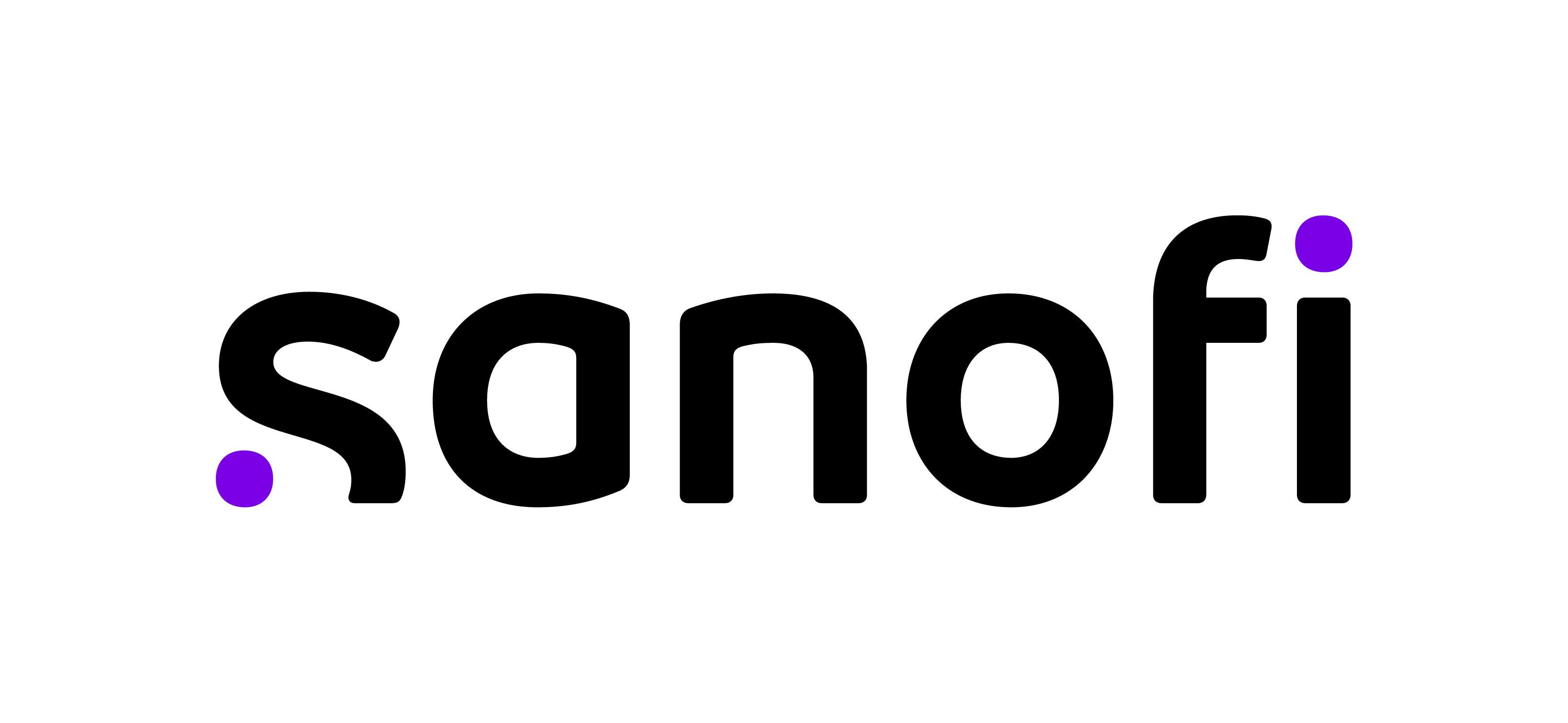By Danielle Davis, MSW
Inclusion is one of Gilead’s core values, and it not only guides how our employees work together, but also supports our commitment to eliminating health and healthcare disparities. Integrating diversity into our research programs helps to ensure we have representation in our clinical trials so that we know how our treatments affect the many populations we serve.
Most recently, this approach guided our clinical trials for the treatment of COVID-19, given how disproportionately its burden fell on underserved communities. By focusing our trial sites in metropolitan centers with a significant concentration of COVID-19 cases and specific sites that targeted broader and more diverse participants, we were able to expand enrollment to a more representative population that better reflected the epidemiology of the pandemic in the United States and in regions more heavily impacted.
Gilead is committed to ensuring diverse representation in our clinical studies. Our continued research in Hepatitis C focused on Black patients who had historically lower response rates to Interferon therapy. We conducted multiple real-world analyses to understand the efficacy of our treatment for Black patients. In our BRAAVE clinical study for HIV treatment, we made efforts to recruit Black men and women, including men who have sex with men (MSM), to ensure that trial findings were both representative and relevant. This included thoughtful site placement and selection with culturally competent staff, and training and support for community advocates to drive recruitment. We recognize there is still more to be done, and we continue to further expand participation to other diverse communities, such as persons of the trans experience, gender non-binary individuals and cis-gender women.
Our BRAAVE trials helped to set the stage for Gilead’s PURPOSE trials, changing our approach to community integration. PURPOSE 1 focuses exclusively on adolescent girls and young women in Uganda and South Africa who would benefit from HIV prevention medicines. In our PURPOSE 2 trials in Brazil, Peru, South Africa and the United States, we are deliberately working with site investigators in communities that would most benefit from HIV prevention medicines, including Black and LatinX MSM, as well as trans individuals and gender non-binary individuals who have sex with persons assigned male at birth.
As we aim to expand our presence in Oncology, we are especially focused on increasing awareness of and access to clinical research across all communities, especially underrepresented populations who are disproportionately impacted by certain types of cancers. Leveraging our learnings and insights from our HIV studies, we are engaging diverse patient voices for input on various elements of trial design, recruitment and retention strategies. Incorporating more clinical and medical perspectives of diverse patients and communities early in trial design will ultimately help us to improve patient access to therapy.
We continue to seek input and collaborate with diverse communities to increase awareness, education and interest in clinical trials. In particular, we are working together with those most impacted to improve trust and build on our efforts to meaningfully engage disenfranchised populations as we design and implement our clinical studies. Externally, we launched a new clinical trial website in June, which was another key step in furthering our goal to be more patient focused, provide a better understanding of clinical trials for all audiences and increase transparency. As our Chief Medical Officer Merdad Parsey shared in a BIO panel discussion earlier this year, the urgency of the COVID-19 pandemic has accelerated diversity efforts for Gilead and across our industry. We now know what we are capable of, and together we can raise the bar in how we advance diversity in clinical trials.
About the Author
Danielle Davis, MSW is the Executive Director of Global Advocacy & Community Engagement at Gilead Sciences and lives in the DC area.




.png?itok=gDZI5QE6)
















.png)


